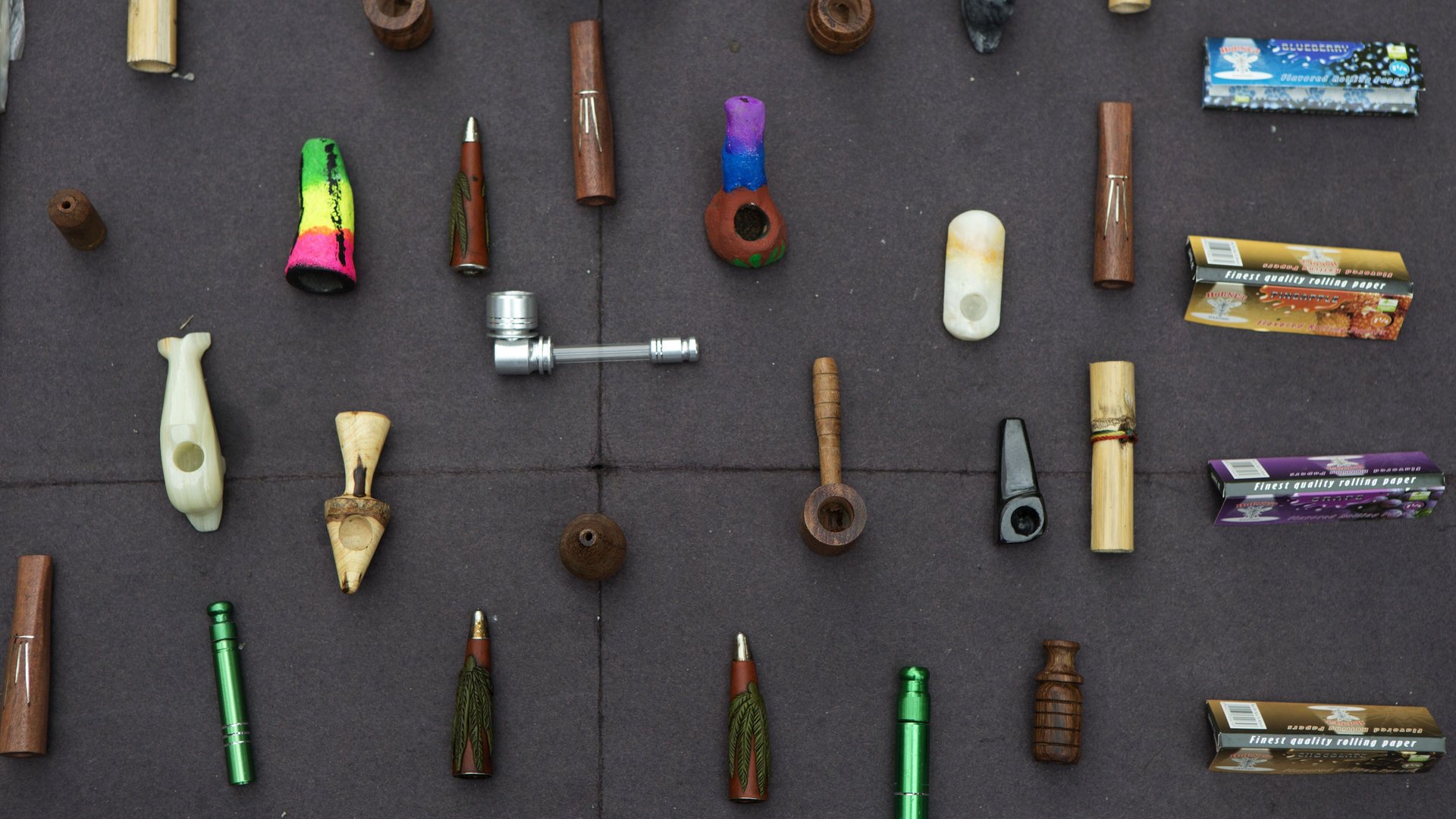Pot is the least of Mexico’s problems
Members of the pot club that won the right to grow and use marijuana in Mexico through a historic Supreme Court ruling on Nov. 4 have no intention of ever lighting up a joint.


Members of the pot club that won the right to grow and use marijuana in Mexico through a historic Supreme Court ruling on Nov. 4 have no intention of ever lighting up a joint.
The group, the Society for Responsible and Tolerant Personal Consumption (or SMART in Spanish,) requested a cannabis-use permit, then fought the Mexican government’s denial for more than two years, because it believes legalizing drugs is Mexico’s best hope for reducing crime.
Armando Santacruz, a SMART (link in Spanish) member, tells Quartz drug trafficking and the fight against it are the main factors in violence and corruption in Mexico.
“It was the elephant in the room,” says Santacruz, who is also co-founder of Mexico United Against Delinquency, a non-profit that promotes the rule of law and justice. “We had to find a way to address it.”
But experts say it will take much more than legalizing marijuana to curb drug-related crime. Pot is no longer a key product for drug cartels. The local marijuana market is small—only 1.2% of Mexicans between the ages of 12 and 65 use the drug, according to a 2011 national survey (link in Spanish.)
And although Mexico remains one of the world’s top marijuana producers and a big exporter to the US, pot legalization in several US states is displacing Mexican weed.
In 2014, marijuana seizures along the border with Mexico dropped 24% in weight from the previous year, according to a US Drug Enforcement Administration report released Nov. 4. Drug cartels are instead focusing on more valuable products like heroin, and seizures of that drug are on the rise.
Mexican drug dealers, already the biggest players in the methamphetamine and cocaine trade in the US, are actively pushing to grow their market share, particularly of heroin, the report states.
The trafficking of those hard drugs generates the bulk of narco violence in Mexico, Raúl Benitez, a security expert at the National Autonomous University of Mexico, told Quartz. To stop it, the government will need to improve its justice system and gain control of gun trafficking and money laundering, he added.
Still, the Supreme Court’s new position on marijuana could improve Mexico’s security situation somewhat, Duncan Wood, director of the Wilson Center’s Mexico Institute, said in an interview with Quartz.
“It’s not a silver bullet,” he said. “But it’s one of the things that actually can alleviate some pressure.”
Police wouldn’t have to chase after pot users, freeing up resources they could devote to fighting organized crime. There could be savings too for the Mexican penitentiary system, where most of inmates have been convicted of drug crimes, according to a 2012 survey conducted by CIDE (link in Spanish,) a research center. Of those, nearly 60% said they were incarcerated for transporting, selling or possessing pot.
Legalizing marijuana would also save many lives from being ruined by prison and cut off a stream of potential recruits for drug cartels. “Jail is the best university of crime,” said Santacruz. And thinning the ranks of Mexico’s narcotraffickers is an essential step in Mexico’s struggle against organized crime and violence.